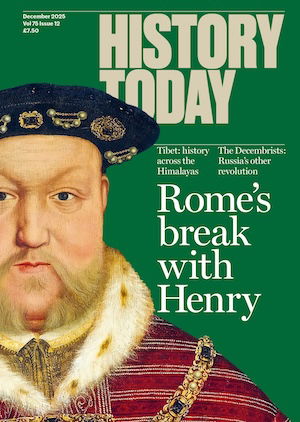The Painter of Modern Times: Constantin Guys
Joanna Richardson portrays one of the greatest of nineteenth-century pictorial journalists, Constantin Guys; a remarkably perceptive artist, to whom Charles Baudelaire consecrated his most famous work in prose.


